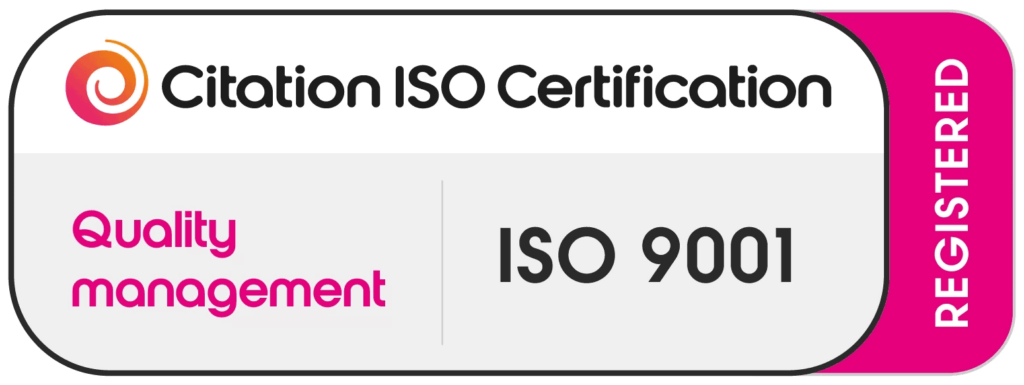INPROVA
Top 6 Priorities for the Procurement Act: Your Go-Live Checklist
Get more information: main enquiry form
Get more information
Monday, 24th February 2025, marks a significant milestone in public procurement. The long-awaited Procurement Act 2023 is finally going live, bringing substantial changes to the buying rules for public sector organisations.
The level of readiness varies across the sector. While some organisations have finalised their new policies months ago, others, often with fewer resources, are making last-minute preparations. As the reforms take effect, we asked Guy Stapleford, Inprova’s head of consultancy, to share his top six priorities for public sector procurement teams in the coming weeks.
As the reforms take effect, we asked Guy Stapleford, Inprova’s head of consultancy, to share his top six priorities for public sector procurement teams in the coming weeks.

1. Validate your new systems
New governance systems may be in place, but have they been tested? No organisation has yet conducted procurement activities under the new rules, but you can still trial your updated procedures. For instance, can you easily extract payment data from your finance system to publish details about 30-day payment compliance and contract payments over £30,000? And what about key performance indicators (KPIs)? It's crucial to have systems in place with contract managers throughout your organisation to gather timely supplier performance metrics. While updating policies and processes is necessary, it's equally important to test them to ensure they function as intended.

2. Review your procurement pipeline
Procurement managers must be clear on all contracts procured from 24 February 2025 onwards. If you haven’t done so already, review your contracts register and ensure your procurement pipeline is up to date. Your organisation must publish an annual procurement Pipeline Notice 56 days after the new financial year begins if it plans to procure more than £100m of goods and services in the coming year. This pipeline needs to be ready by 26th May 2025.

3. Ensure comprehensive training
As a procurement manager, you’ve probably already used the Cabinet Office’s eLearning tools. Now it’s time to make sure your colleagues have done the same. In the new world of procurement, everyone needs to understand the changes, not just you. That includes operations managers, finance teams, budget holders, contract managers, and even board members. Training helps everyone learn their new roles and follow the right steps. The Cabinet Office offers useful tools, like short videos and fact sheets, that explain the new rules clearly. For more in-depth learning, check out law firms or procurement experts like Inprova.

4. Utilise available resources
The Government’s Transforming Public Procurement pages offer a wealth of resources, including the National Procurement Policy Statement and various guidance documents. These resources walk you through each stage of the procurement process, such as Procurement Policy Notes that clarify new rules and support practical implementation. A set of free standardised procurement templates can also be downloaded from the Government’s Procurement Pathway website. These templates are a good starting point, but seeking additional clarity and supporting tools from other sources is advisable. At Inprova, we have developed a toolkit with templates covering the end-to-end procurement and contract management process, providing example processes and documents for the Competitive Flexible Procedure.

5. Select advisors wisely
It’s easy to spend hours on LinkedIn reading posts about the Procurement Act. Many people call themselves experts, but some of their advice isn’t right. So, be careful who you listen to, especially if you’re planning big or important buying projects under the new rules. Start by speaking to a public procurement lawyer. Then turn to trusted procurement specialists like Inprova, who understand the new system well.

6. Conduct a gap analysis
One project I’m frequently working on is a gap assessment. Many public sector teams have already made changes for the new rules. But they want a fresh pair of eyes to spot anything they may have missed. Do they have the right systems for the new reports? Do they know how to use the new central digital platform? Have they told all their suppliers about the new rules? The Procurement Act 2023 is a major change in how buying works. It brings more flexibility and encourages new ways of working. But for social landlords, the basics must come first:
- A clear strategy
- A realistic schedule
- Good alignment across the whole team
We’re here to help
We support public sector organisations across England and Wales with the Procurement Act 2023, helping them navigate the complexities and challenges of regulatory change. Whether you need to streamline supplier management, reduce procurement costs, ensure compliance with the latest regulations, or create social value, we’re here to support you every step of the way.
Contact us by filling in the form above!





